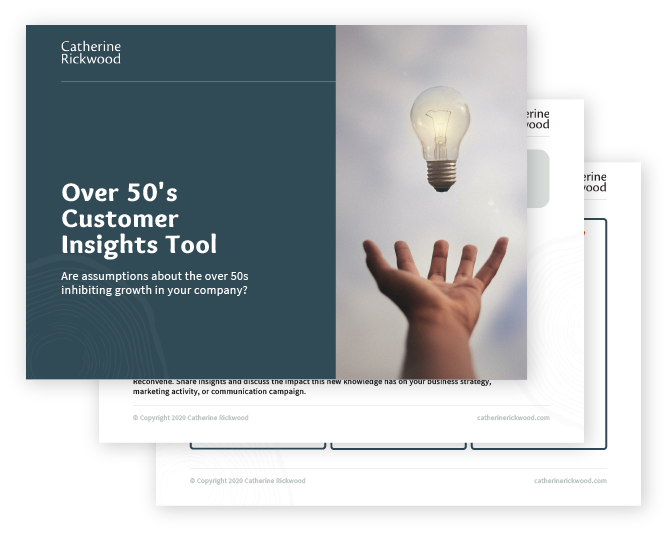A recent report by PwC reveals that increasing employment rates of those over 55 years could add $78 billion to the Australian economy with 83% of this gain attributed to better employment of the 55-64 year olds. What are the implications of this?
In their comprehensive report PwC reveal three key areas associated with shifting employment practices for those over 55 years.
- Encourage later retirement.
- Improve employability.
- Reduce employment barriers for older workers.
As a baby boomer and an advocate for people over 50 years old to be included in the workforce, I welcome these policy proposals and would be delighted to know that they had been broadly adopted by politicians, government and organisations.
I also believe as individuals we have a responsibility to:
- Consider our own attitudes towards when we retire. Later retirement is actually beneficial to our overall health and wellbeing, including our cognitive health.
- Be the change-makers with regards to our education and training for skills development. What training must we engage with in order to remain relevant and employable?
- Review currently held attitudes and beliefs regarding the recruitment and retention of the 50+ers if we are an influencer within our organisation with regards to employment practices,.
There’s a flip side to this. I have a friend who believes that baby boomers have reaped their rewards. It’s time for us to step back and let younger people have their turn at the pot of gold. If baby boomers remain in the workforce longer, there’s fewer jobs for younger people.
Here’s my optimistic, perhaps rose-coloured glasses view …
What if younger and older people in the workplace mentored each other? Older people with knowledge, skills, and insights that can only be acquired over time. Younger people with knowledge, skills, and insights that reflect a very different workplace to the one baby boomers entered years ago.
What if baby boomers and younger people job-shared? My conversations with those over 50 reveal that many don’t want to work full time. Many would like to find a part time, less demanding role. At some point, many younger people want to take maternity/paternity leave. Often this is at an important time in their career. What if the two were brought together, creating a mutually beneficial relationship, meeting the needs of all involved.
Of course from an organisational and human resource management perspective there are many challenges including:
- Matching skills.
- Matching personalities.
- Matching timeframes.
And what happens to both parties at the end of the arrangement?
What do you think? Should baby boomers leave the workforce gracefully and make room for the younger generations? What are your thoughts about intergenerational job sharing? Would it work or am I dreaming? Let me know. I’d love to hear your thoughts.



